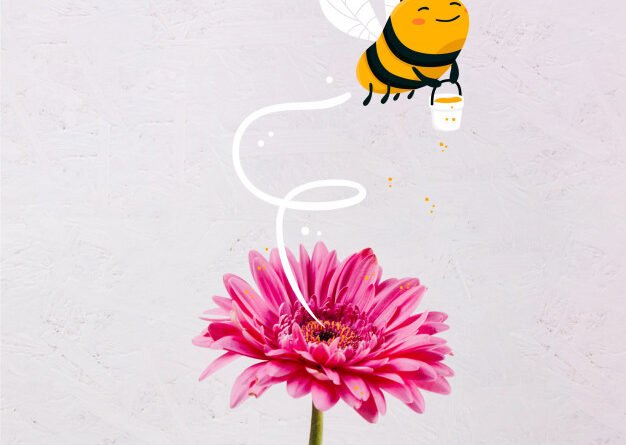Training on Bee breeding begins at Parmar varsity, Bee breeders to be trained in scientific queen rearing
AIMED AT creating awareness and update the capacity of existing beekeepers of the state, a 21-day online training on ‘Bee breeding’ under Managed Pollination component of the Himachal Pradesh Horticulture Development Project(HP HDP) started for the beekeepers of the state.. The training is being conducted by the Department of Entomology, Dr. YS Parmar University of Horticulture and Forestry (UHF), Nauni.
Thirty-six beekeepers from different districts of the state are participating in the online training. Dr. Balraj Singh, Project Coordinator, All India Coordinated Research Project (AICRP) on Honey bees & Pollinators ICAR-IARI, New Delhi was the Chief Guest for the inaugural session.
Dr. Harish Kumar Sharma, Principal Scientist and coordinator informed that the objective is to create awareness and update the capacity of existing beekeepers of the state so that they can produce and supply quality queens and manage their honeybee colonies scientifically which could help in raising their income. He said that in Himachal over 18,000 bee colonies are being provided for pollination services by trained beekeepers.
Dr. Balraj Singh appreciated the efforts of the University and the Department of Entomology for making continuous efforts to empower the state’s beekeepers with the latest and refined knowledge of colony selection, queen rearing and colony maintenance. He said that like in agriculture and horticulture, quality planting material is of paramount importance to ensure good production. Similarly, a good quality queen bee is required for raising a good colony. He was of the view that scientists and beekeepers should explore high altitude honey production, as a large area in the state is suitable for it. Dr. Singh complimented the Solan center of AICRP on Honeybees and Pollinator, for bagging the best center in the country bi-annual award consecutively in 2016 and 2019.
In his address, Dr. Divender Gupta, Director of Extension Education and HOD Department of Entomology emphasized on the need and importance of queen rearing for the beekeepers and talked about the development of queen production enterprise. He mentioned that since 2018, three demonstrations, seven awareness camps have been organized by the department on the role of managed pollination in the apple orchards. Dr. Gupta informed that the university has not let the restrictions imposed due to Corona affect its outreach and several initiatives like dissemination of scientific information through technical films and online training and online Kisan melas have been taken.
The department of entomology has conducted two online 21-day institutional trainings on bee breeding and two refresher courses of five days for trained bee breeders to equip them with technical knowledge of queen rearing. Managed pollination component under HP HDP was started in Himachal in 2018 keeping in view the importance of pollinators and pollination. It aims to establish entrepreneurial development models to meet the increasing demand of honeybees for pollination purposes and to develop technology to utilize other pollinators such as bumblebee as an alternative to honeybees on some crops to minimize crop failures on account of pollination deficit. The implementation of managed pollination in the apple orchards of trainees has resulted in a significant increase in fruit set and better yield of the state orchardists. Efforts have also been made in the direction of strengthening indigenous honeybee, Apis cerana apiaries by constructing mud hives in Kullu and Kinnaur districts with farmer’s participation. Under State Horticulture Bee breeder Scheme 62 progressive beekeepers trained under the Managed Pollination component of HP-HDP were registered as bee breeders in the Department of Horticulture, while, seven of the trainees have received funding of Rs 3 lakh each for initiating small scale queen rearing. EOM



